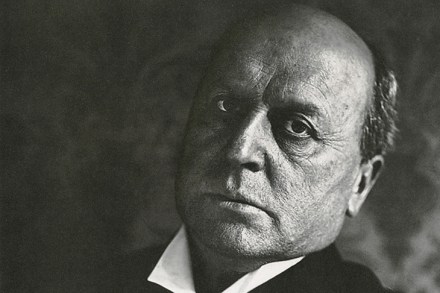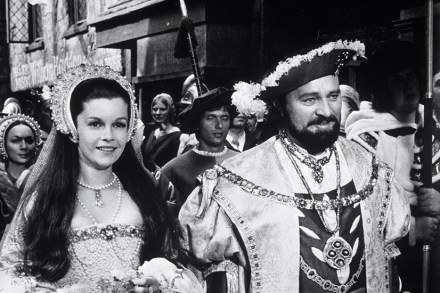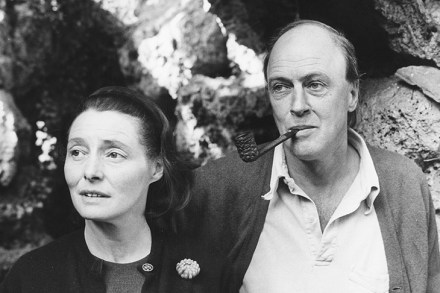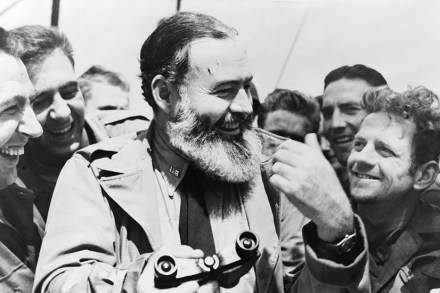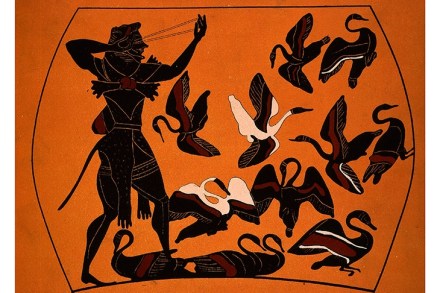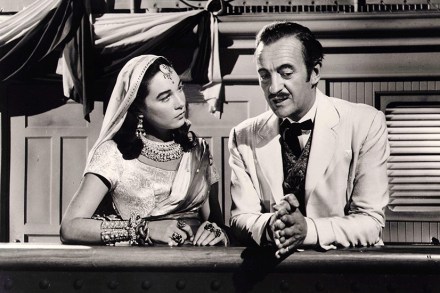Famous writers on the art of saying no
In Competition No. 3168 you were invited to compose a response on the part of a well-known writer to an inappropriate suggestion about the future direction of their work. This Austen-inspired challenge produced a terrific entry, so high fives to you all. Dorothy Pope’s Philip Larkin, giving short shrift to the suggestion that he venture
